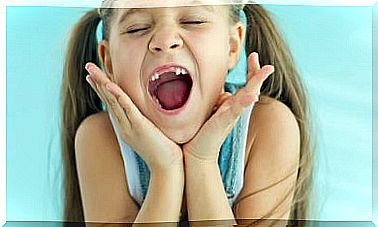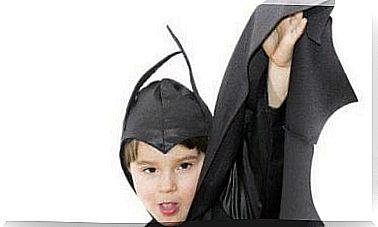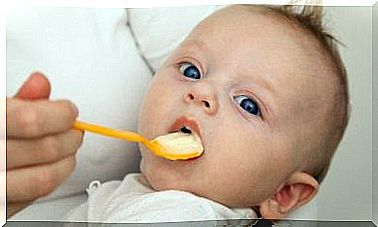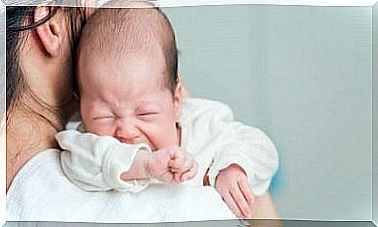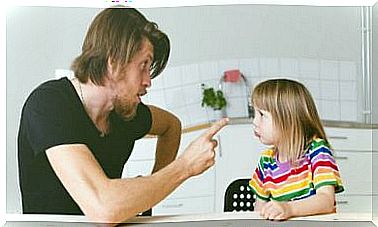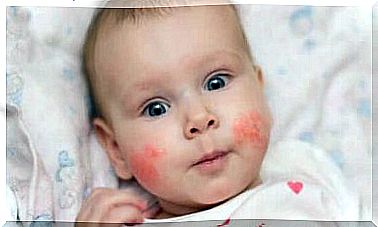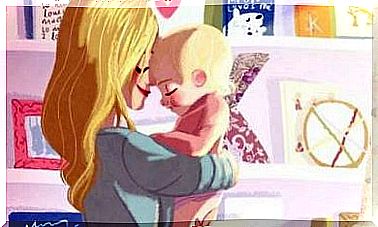Wheezing In Children: Symptoms And Treatment
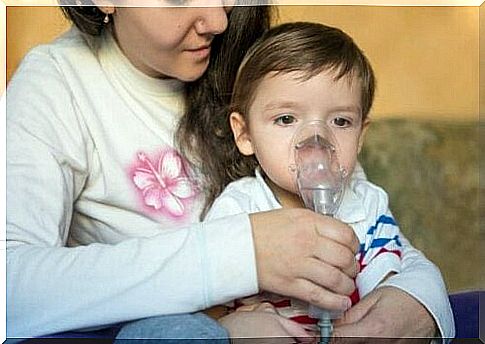
Wheezing in children can be a symptom of a respiratory disease. This is why it is so important to pay attention to hissing sounds when children are breathing.
Different types of diseases can lead to wheezing in children. That is when there is a hissing, cutting sound while pulling the weighing right. It happens when they breathe through a narrow breathing passage in the lungs.
According to pediatricians Lydiana Ávila and Manuel Soto, from the National Children’s Hospital of Costa Rica, there are several pediatric diseases that are characterized by this hissing sound.
They emphasize that wheezing can mean many different things. Furthermore, they emphasize that this sound is most commonly associated with asthma. However, there are other conditions that can cause it.
What is wheezing in children?
Wheezing is a respiratory sound, usually when exhaling. However, it can also occur when inhaling.
Why does it occur?
According to the aforementioned specialists, wheezing occurs when something blocks the airways. It creates a vibration in the walls, causing an audible sound.
Some cases of wheezing in children are:
- Asthma. Asthma is the most common cause of wheezing in children. It is a chronic disease in which the airways are inflamed.
- Inhaling something into the lungs. Sudden wheezing may be due to inhaling something other than air. Things can get stuck in the larynx, trachea or bronchi, which can create intense shortness of breath. However, things stuck in the peripheral airways can cause pneumonia and wheezing.
- Viral infections. Infectious diseases, usually viruses, are a common cause of wheezing in children. Especially in infants. It can occur with viruses such as adenovirus, parainfluenza, rhinovirus and atypical bacteria such as Mycoplama pneumoniae and Chlamydia pneumonia e .
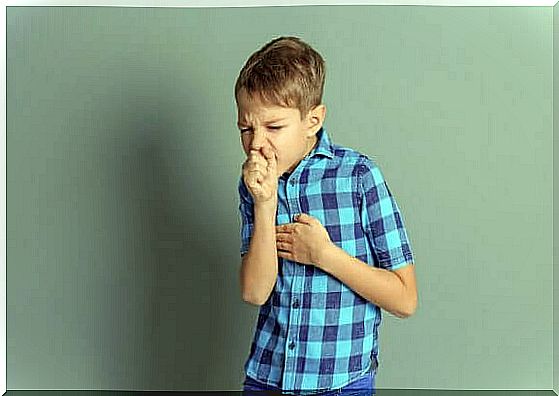
- Some medications. Accidental ingestion of organophosphates, such as parathoion and methyl parathion, may cause wheezing, coughing and shortness of breath.
- Bronchiectasis. This can be caused by damage to the major airways to the lungs. Therefore, the airways dilate.
- Bronchiolitis. Infections are, as a rule, the cause of wheezing in children. On the other hand, bronchiolitis is an acute inflammatory blockage of the small airways.
- Bronchitis. It is an inflammation of the bronchial tubes. These tubes are responsible for bringing oxygen to the lungs. It can be both acute and chronic.
- Gastric acid reflux. This is when acid comes from the stomach into the esophagus. This may be due to a problem with the lower esophageal sphincter.
- Inhalation of irritable substances. It may occur by inhaling chemicals or fumes.
Symptoms of wheezing while breathing
Wheezing when breathing occurs, as a rule, with other symptoms. However, the symptoms depend on the cause. When you hear your child hissing, it is important that you are aware of the following symptoms:
- Constant, dry cough
- Runny nose
- Fever
- Problems eating
- Skin staining (in some cases)
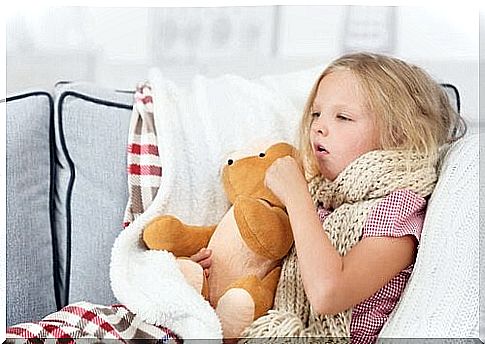
Diagnosis of wheezing in children
When it comes to severe wheezing, specialists will perform an X-ray of the chest. With this, they can find signs of foreign substances, pneumonia or heart defects. Next, by using a finger sensor, they can determine the oxygen level in the blood. In technical terms, this is called pulse oximetry.
On the other hand, asthma attacks do not require further testing unless there are signs of severe respiratory problems. Children who have frequent asthma attacks may need more tests.
However, if inhalers or other drugs help alleviate these problems, they probably will not need further testing. Doctors can perform tests that require children to sink, or even look down into the trachea.
Moreover, in the physical examination, there needs to be crucial data: for example, if the child is underweight, has heart palpitations and, of course, wheezing when he or she pulls the weight.
In short, wheezing in children can be an indicator of a respiratory disease. It can affect children’s quality of life. If you notice a hissing sound in your child, see a doctor immediately. That way, the doctor can perform the necessary examinations.

